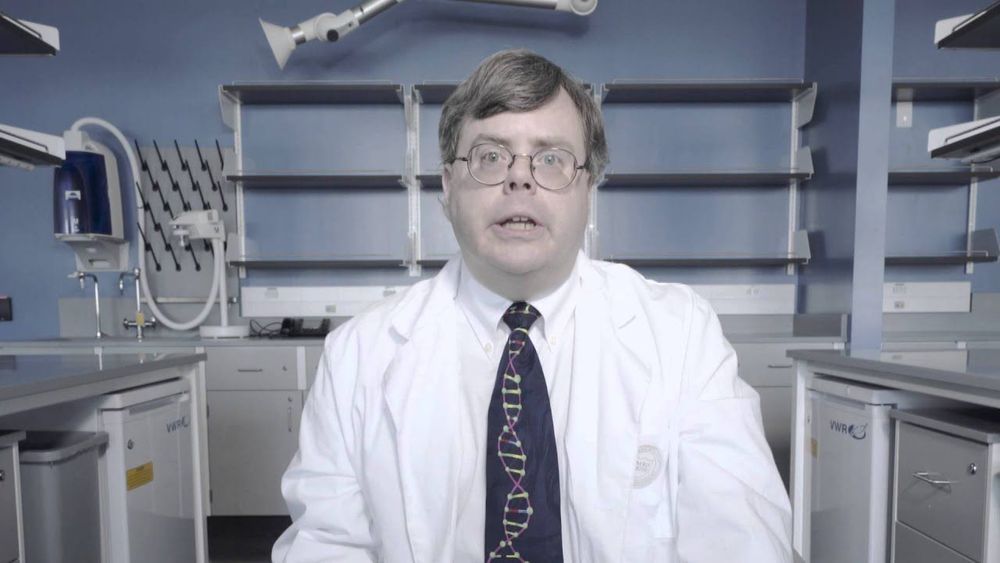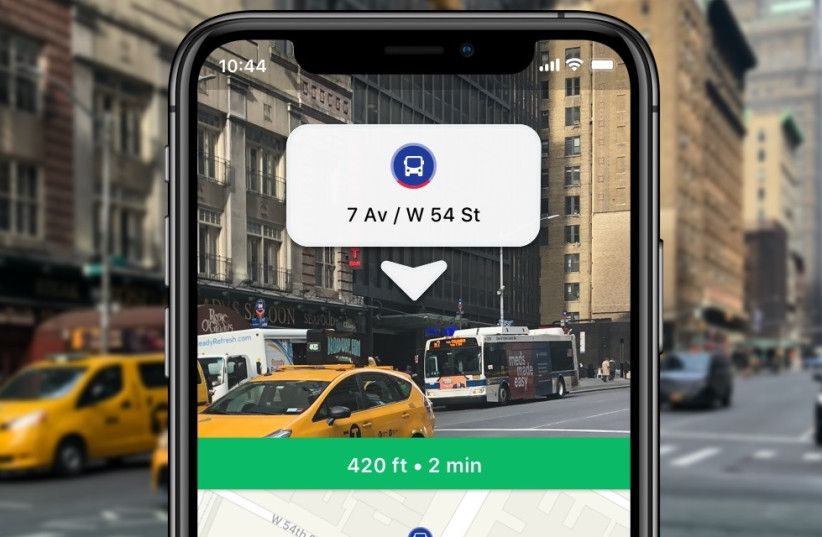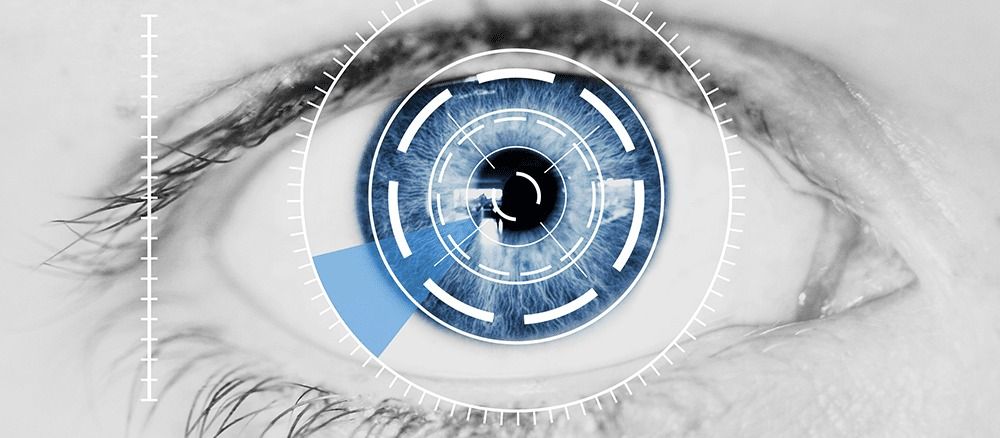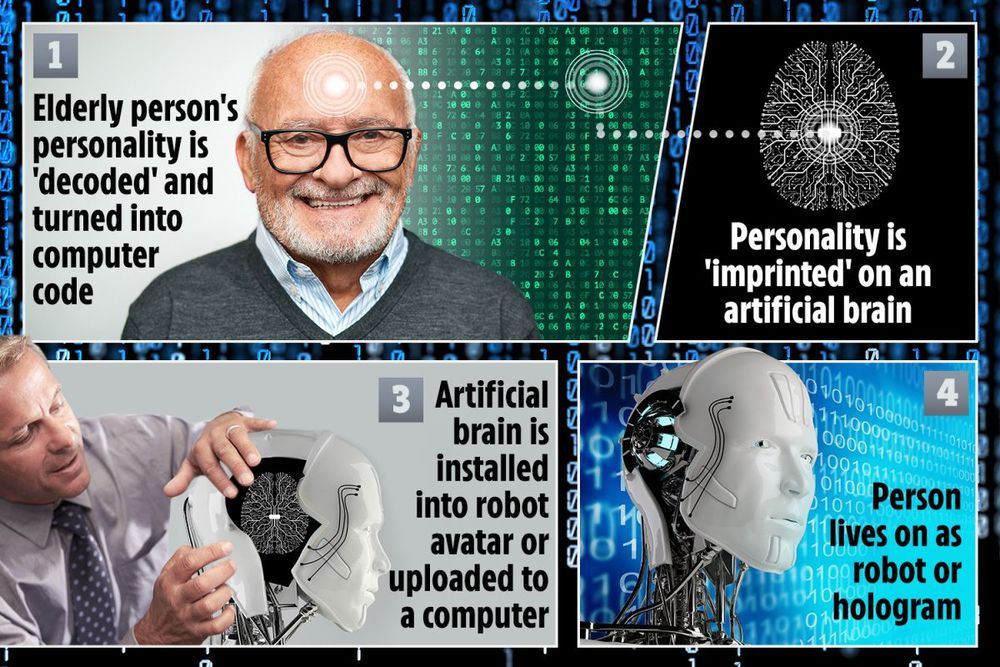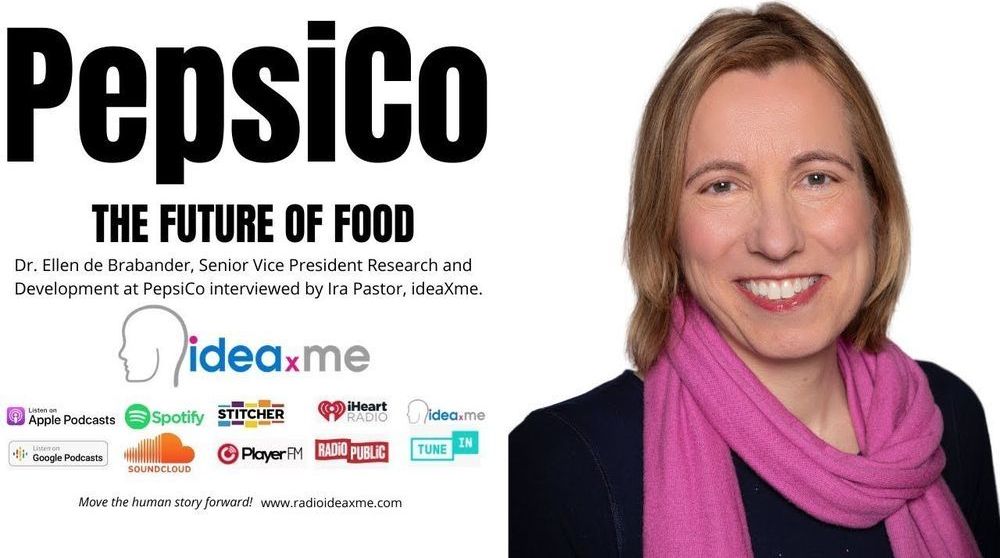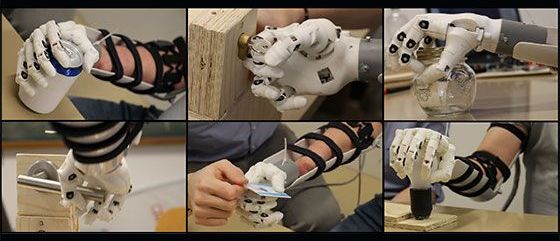Four years ago, Todd Rider was on top of the world. The MIT-trained bioengineer had developed a radical idea for killing viruses. Initial test results showed that his therapy, called DRACO, could kill every virus he threw it at: 15 viruses were killed in human cells, and two in mice.
It seemed like there was a chance it could be the biggest discovery in medicine since the invention of antibiotics. Enthusiastic headlines praised the potentially world-changing panacea. “Todd Rider Has a Kill Switch for Viruses,” wrote Bloomberg Businessweek. The Verge: “Killing sickness: is DRACO a doomsday device for viruses?” Time magazine declared it one of the top 50 inventions of the year.
Yet over the next few years, things started going wrong. Rider moved from lab to lab and says he couldn’t raise the money to continue testing DRACO, despite, he claims, the continued promise of the concept.
